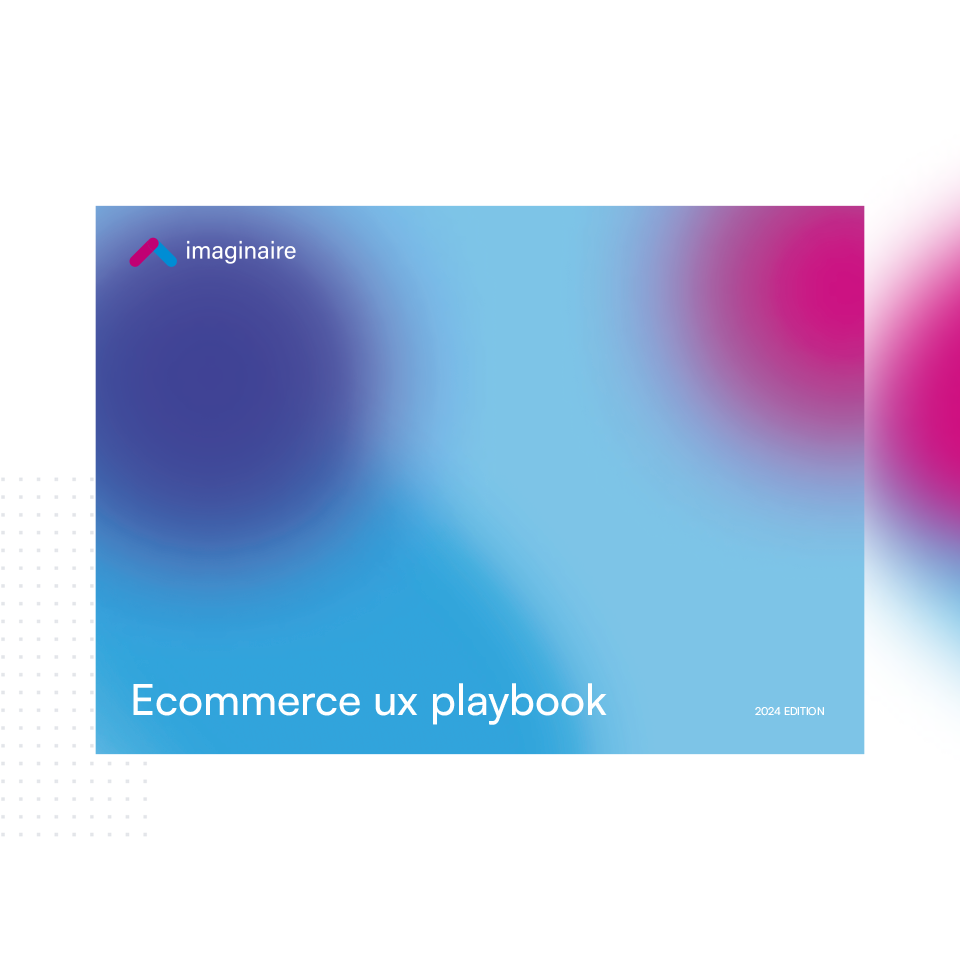As we look toward 2025, several emerging trends are on track to fundamentally change digital marketing and how brands interact with their audiences. Driven by rapid technological advancements, shifts in consumer behaviour, and an even greater emphasis on personalisation and data, technology is advancing at an extraordinary pace, with new tools, platforms, and capabilities reshaping the way brands communicate internally and externally. At the same time, consumer expectations are evolving, as audiences become more demanding and discerning.
For digital marketers, staying ahead of these trends will be essential. The key to success will be understanding how to harness emerging technologies and create more meaningful, relevant experiences that resonate with audiences.
Here are six key trends that are expected to shape the future of digital marketing and how they will be instrumental in guiding marketing strategies and helping businesses stay competitive and relevant amongst competitors.
AI and machine learning
Artificial intelligence (AI) and machine learning (ML) have already had a major impact on digital marketing, and their influence is only set to increase in the years ahead. These technologies will continue to enhance and optimise everything from customer segmentation to content creation, enabling brands to operate with greater precision and efficiency.
Chatbots and virtual assistants are also advancing rapidly, evolving to deliver more natural, human-like interactions with customers. As AI tools become more intuitive and user-friendly, businesses will be able to automate more routine tasks such as lead nurturing, email marketing, and customer service.
Voice search And voice commerce
With the expansion of smart speakers like Amazon’s Alexa, Google Home and Apple’s Siri, voice search has become a mainstream method for information gathering. It’s important to note how voice search optimisation differs from traditional SEO as users ask questions conversationally. Instead of typing “best coffee shops in Essex,” a voice search might be “What are the best coffee shops near me?” Brands should focus on long-tail keywords and natural language to capture this growing audience and ensure that customers are getting the correct answers to their queries.
Video content
Video content remains a powerful force in digital marketing, with platforms like YouTube, TikTok and Instagram reels focusing on short-form, interactive formats that provide a sense of creativity. As consumer preferences shift towards engaging content, brands can use video to deliver information quickly and creatively in a more unique way. Marketers can embrace short-form and live streaming, encouraging real-time engagement, which is ideal for launches, customer queries or Q&As.
Large scale personalisation
By 2025, personalised will move beyond basic customisation and will enable brands to deliver hyper-personalised content and recommendations. Brands can consider platforms like HubSpot or Marketo that offer advanced features and create dynamic content adjustments that reflect user data, ensuring messages are relevant to each visitor. AI-driven personalisation can also allow your brand to design user journeys that proactively meet customer needs through developing campaigns that consider various stages of the buyer journey, from interests to decision-making.
Social commerce
The line between social media and e-commerce is swiftly fading, with platforms like Instagram, Facebook and Pinterest integrating in-app shopping features to enable customers to shop conveniently and efficiently. This development allows consumers to purchase products directly from their social media feeds, creating a seamless browsing-to-purchase experience which doesn’t require them to leave the app.
To optimise for social commerce businesses should:
- Create engaging, shoppable content and focus on visually appealing and interactive content that encourages sharing. This includes using shoppable posts on Instagram and Facebook to streamline the buying process and improve conversion rates.
- Partner with influencers. By collaborating with influencers or incorporating user-generated content to broaden reach, these strategies can help to build credibility and connect a brand with new audiences.
Augmented reality (AR) And virtual reality (VR)
While AR and VR were once primarily associated with gaming, I see them now transforming industries like retail, allowing for immersive shopping experiences. Major brands like IKEA and Amazon have already implemented AR within their apps, allowing users to view furniture in their own space and clearly present features such as shape and dimensions. Brands should consider investing in an AR experience platform that aligns with the industry. For example, fashion and beauty brands could explore virtual try-ons, while real estate companies might benefit from virtual property tours.
Imaginaire – The digital marketing agency
Every business needs a solid marketing strategy to win sales. Whether you want to learn more about model validation or simply want to talk about all things social media marketing, we’re all ears! Find out more about our digital marketing services here.
Take a look around our website to learn about our different services, including ecommerce web design, SEO, paid ads and more.
If there’s a service you’d like to know more about, drop us a message and we’ll be right with you.
